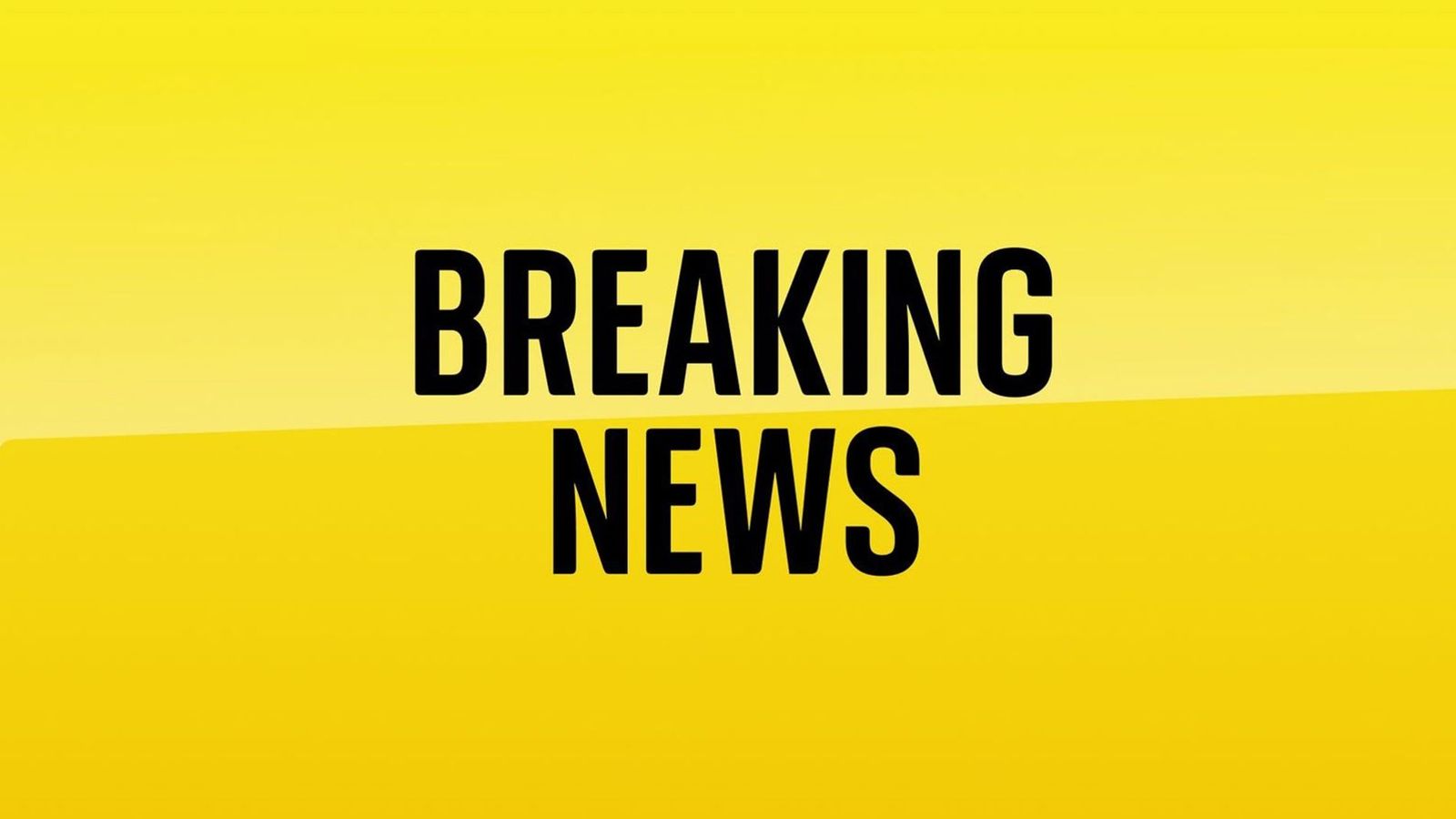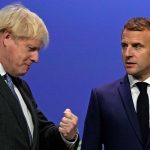Boris Johnson will be questioned by MPs next Wednesday as part of the partygate investigation into whether he misled parliament when he was prime minister.
Mr Johnson has accepted the Privileges Committee’s invitation to give oral evidence to them from 2pm on 22 March, the committee confirmed.
The session will be held in public and Mr Johnson will face questions from the committee, which is comprised of four Tory MPs, two Labour – including chair Harriet Harman – and one SNP MP.
Pensions change rumoured to be in budget – live politics updates
His appearance will come two and a half weeks after the committee released a preliminary report after they were tasked with investigating whether Mr Johnson misled parliament over partygate allegations.
Mr Johnson repeatedly denied COVID lockdown rules were broken at Number 10 when asked in the Commons, but the report said evidence strongly suggests it would have been “obvious” to him rules were being breached.
The former PM had requested the evidence before he appeared in front of the committee to provide his own oral evidence.
Boris Johnson ‘privately warned’ Dominic Raab about conduct – as bullying inquiry end in sight
Boris Johnson’s pay accounts for 85% of all outside earnings declared by MPs so far this year
Ministers question if Sue Gray followed rules – as messages reveal Tory divides on Labour appointment
He has been invited to provide written evidence ahead of the session as well, with any response to be published.
If Mr Johnson is found to have misled parliament he could be suspended from the Commons for 10 days, which could trigger a recall petition.
If 10% of voters in his Uxbridge constituency sign a petition he could lose his job as an MP as a by-election would have to take place – although he could run in it.
On 3 March, the committee published the evidence it has obtained so far in its initial 24-page report, including four previously unseen photos of Downing Street gatherings awash with bottles of alcohol.
It said the Commons may have been misled multiple times, which would be contempt of parliament.
Read more:
Everything you need to know about the partygate investigation into Boris Johnson






















